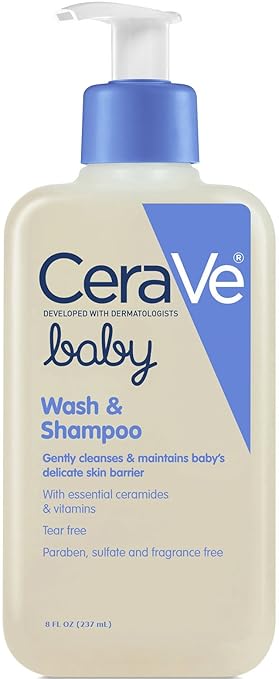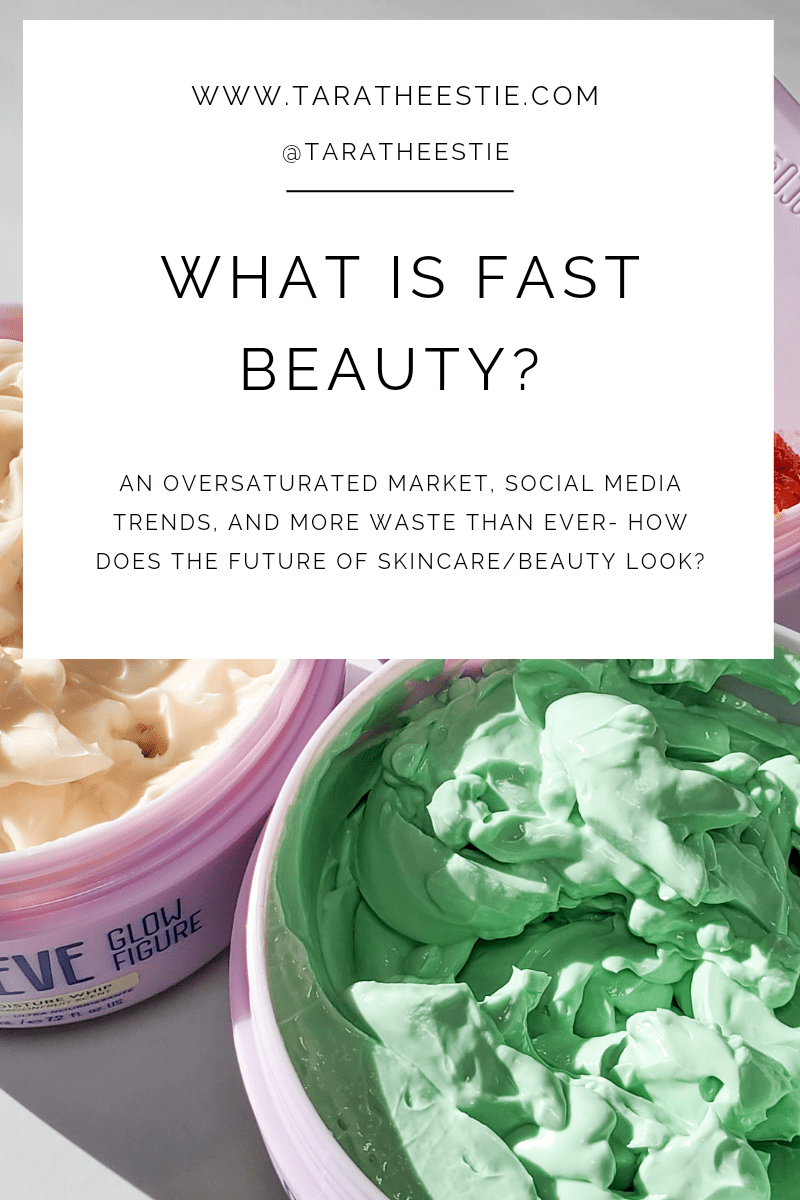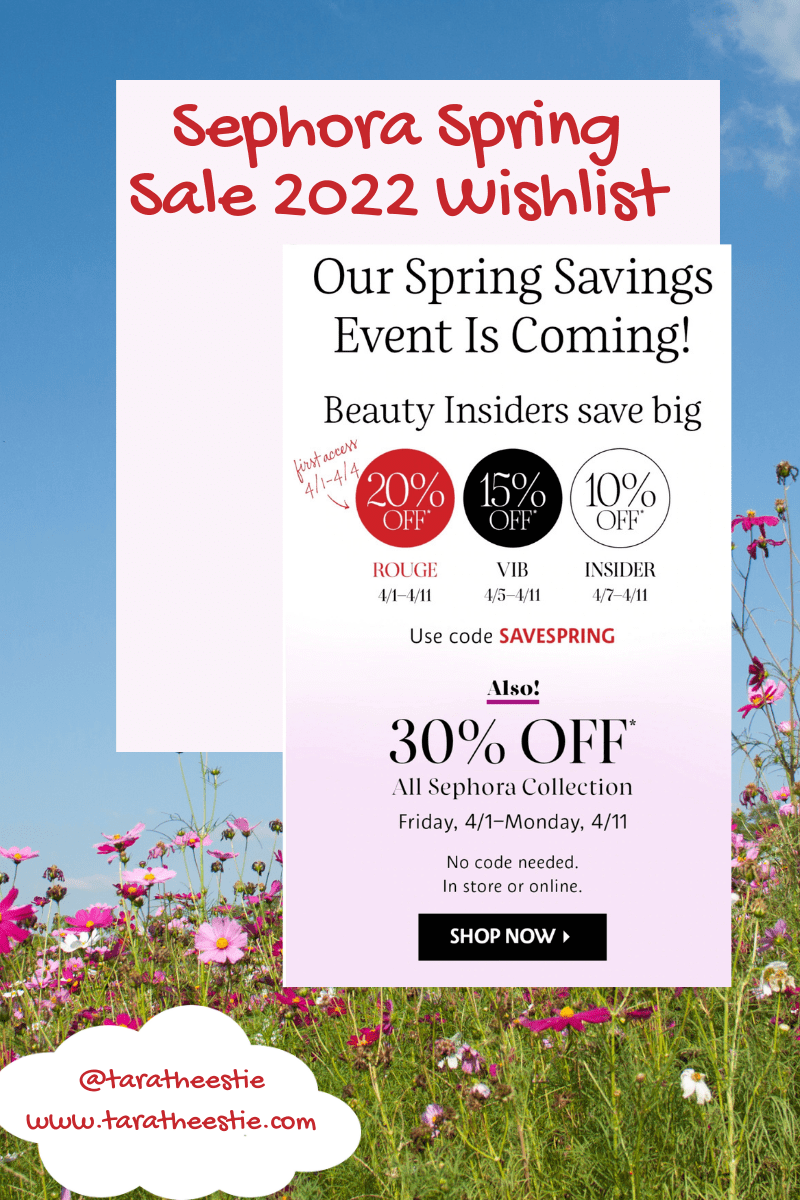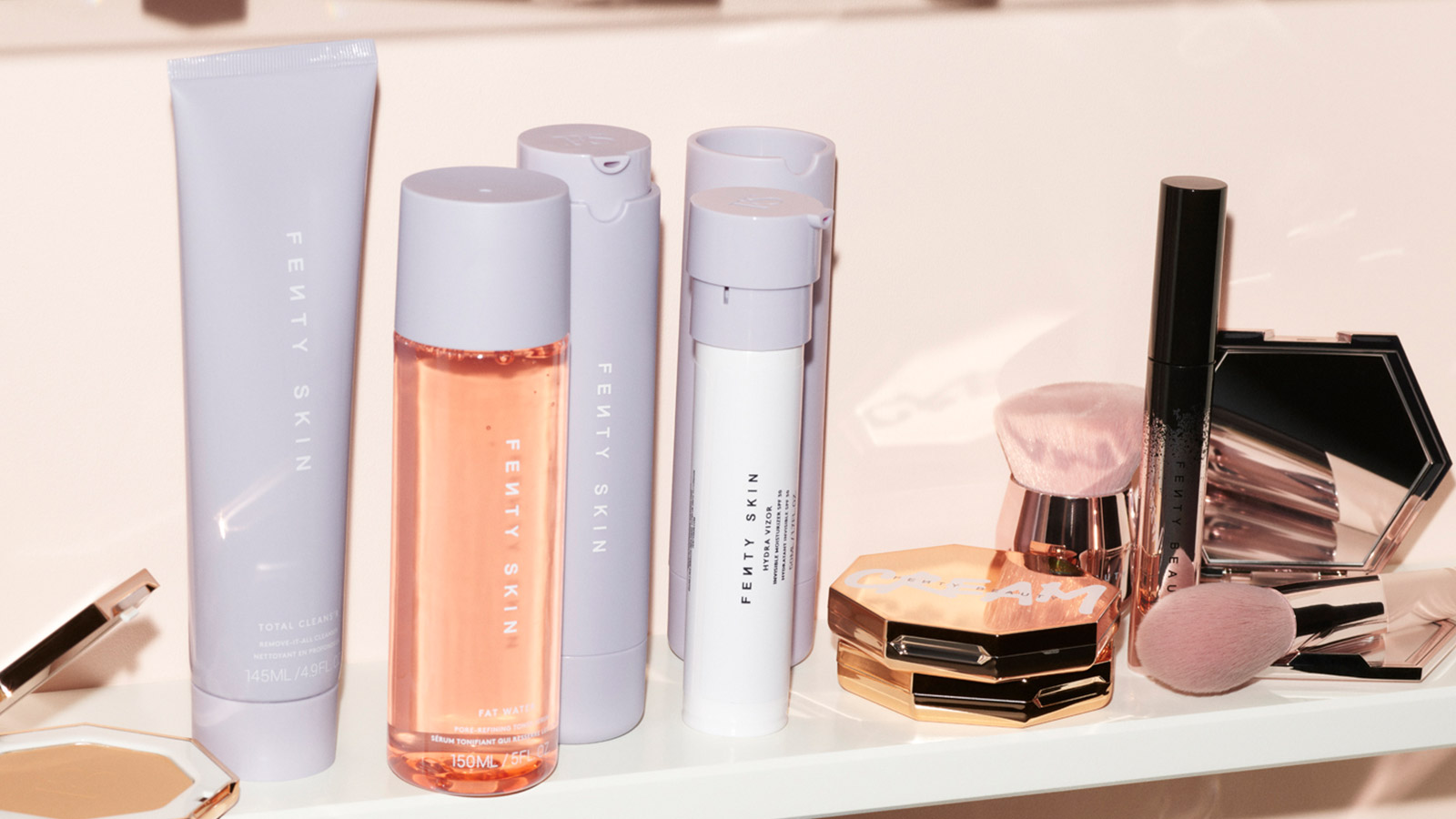Welcome back to my blog- so soon!
I had the urge to write, and wanted to post a bonus blog this week discussing another hot topic: Parabens. Recently, we have started to see on labels for skin care, makeup, haircare, baby products, laundry detergent, toothpaste, etc…”paraben free”, “made without parabens”, formulated without parabens”, “does not contain parabens”; why are products being marketed this way as a reason to purchase? Should we pay more for items that are paraben free, is it a real threat?
- Definition of Paraben is any of a group of compounds used as preservatives in pharmaceutical and cosmetic products and in the food industry (dictionary.com).
Parabens are used in products to preserve the formulation and prevent growth of bacteria and damaging microbes. Products contain preservatives to extend their shelf-life and protect against contamination.
Some common forms of parabens are listed as: ethylparaben, methylparaben, propylparaben, butylparaben and isobutylparaben…if you are interested, you can go check some of your labels you have on hand right now to see if you have been using products with parabens in them. Most likely, you are! Because they are found in so many of our items in our household, including food, americans have parabens in their bodies at all times!
So….
what is the problem? A large portion of our worries have come from a 2004 British Study in which they found traces of five parabens in the breast tissue of 19 out of 20 women studied. The study didn’t verify that parabens can cause cancer but did identify that the parabens were able to penetrate the skin and remain within tissue. Some studies have shown that parabens mimic the effect of the hormone estrogen in the body. “Estrogen exposure is linked to breast cancer development and progression”, says Philippa Darbre, whose team published the 2004 study (Best Health). Causing a disruption to our natural hormones and possible reproduction toxicity has raised eyebrows to many consumers.
Parabens have also been found in the bodies of marine animals, most likely coming from products dispensed in the sewage system and put into the environment. Although the amount of preservative being put in products in very small, over time this becomes a large amount as so many different products contain them.
Although research and evidence does not say parabens cause cancer, there is evidence there that can lead the consumer to err on the side of caution. Manufacturers continue to utilize parabens because they are not seen as a threat by the U.S. Food and Drug Administration, and they are also cheap and proven effective for over 60 years. The European Union, however, has severely restricted the use of parabens, banning five different types. They are especially concerned with products used on babies and children under three (European Commission).

As I have been diving further into my research about parabens, I came across an interesting article that stated that many parabens are found naturally in fruits and vegetables. According to chemicalsafetyfacts.org, “parabens are derived from para-hydroxybenzoic acid (PHBA) that occurs naturally in many fruits and vegetables, such as cucumbers, cherries, carrots, blueberries and onions”. I decided to do further digging, because if this is true, then why are we concerned about parabens at all? An article written on the Environmental Working Group, disagreed with this information quite a bit, citing that the studies that this information is gathered from is not necessarily valid. In fact, the article says that “two studies that claimed to have found naturally occuring parabens, both from researchers at Colorado State University, were retracted several years after their publication” (Cameron, 2015).
Final thoughts…

The research simply is not there yet to come to a definite conclusion. However, there are still important studies that make us think and continue to raise more questions about this topic. Reading product labels and understanding ingredients is a great way for consumers to have more control over this situation.
What are your thoughts on parabens? Will you stay away from them or continue to use them? LIKE AND COMMENT BELOW!
Sources:
https://www.elle.com/uk/beauty/skin/articles/a36356/what-are-parabens/
https://www.besthealthmag.ca/best-looks/beauty/parabens/
http://europa.eu/rapid/press-release_IP-14-1051_en.htm
https://www.reviews.com/blog/know-parabens-beauty-products/
https://www.chemicalsafetyfacts.org/parabens/
Cameron, Rochelle. 2015. https://www.ewg.org/enviroblog/2015/07/myth-natural-parabens






I’ve been using shampoos and conditioners that are parabin free for some time. I also noticed that most of the products sold by “Lush” are parabin free. They just make you feel more fresh!
Paraben free is becoming more popular! Lush products have a pretty short shelf life to accommodate their preservative free products. Thanks for reading!
I have been avoiding parabens and SLS in shampoo for 2 years and have noticed a healthier scalp!